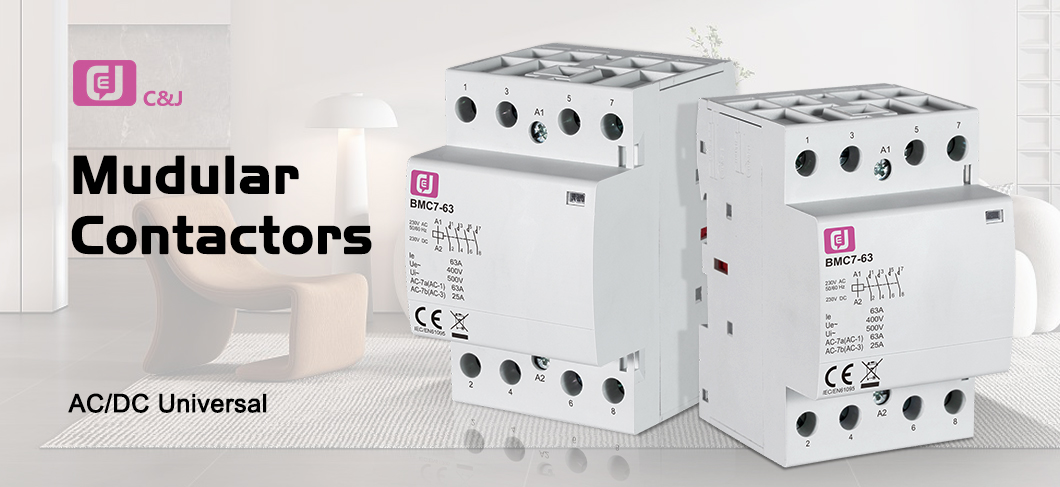Introduction :
In the ever-evolving field of electrical engineering, it is vital that professionals and enthusiasts stay informed about the latest advances. The emergence of modular contactors is an important step in the transformation of electrical systems. Combining efficiency, versatility and ease of installation, modular contactors have become an indispensable component in a variety of applications. In this article, we’ll take a deep dive into the world of modular contactors, exploring their features, benefits, and why they’re the first choice for electrical engineering.
Definition and function :
Combination contactor is a special electrical device mainly used to control and switch power circuits. They have a wide range of applications, from industrial machinery to residential installations. The basic principle of modular contactors is their ability to make or break electrical connections through a combination of mechanical contacts driven by a solenoid coil. This mechanism effectively controls the current within a predetermined rated voltage range, ensuring the safety and normal operation of the electrical system.
Benefits and Advantages:
Due to their unique design, these contactors offer many advantages over traditional contactors. First, modular contactors are incredibly versatile, making them suitable for a variety of applications in both residential and industrial settings. They are commonly used in lighting systems, heating, ventilation and air conditioning (HVAC) units, electric vehicle charging stations and even renewable energy systems.
Another noteworthy advantage of modular contactors is their compact design, which allows easy integration into switchboards and switchboards. This compactness also helps save space, a key factor in modern installations where space is limited.
In addition, modular contactors can be graded according to the specific requirements of the application, providing flexibility in pole count and current rating. This enables customization and adaptability, allowing engineers to customize the contactor to their unique needs.
Installation and maintenance:
Installing and maintaining modular contactors is a relatively simple process due to their modular nature. They easily snap onto mounting rails within electrical panels, eliminating the need for extensive wiring and complex setup procedures. The modular design also simplifies maintenance, as individual units can be replaced without affecting the entire system. This not only saves time but also helps to be more cost-effective in the long run.
Reliability and safety :
Modular contactors are designed to meet strict industry standards for reliability and safety. They are equipped with advanced safety features such as overload protection, short circuit protection and voltage surge suppression. These features ensure that electrical systems are protected from potentially hazardous situations, preventing equipment damage and reducing the risk of electrical hazards.
Conclusion :
As the demand for efficient, versatile electrical solutions continues to grow, modular contactors are becoming an indispensable component in a variety of applications. Their compactness, versatility and ease of installation set them apart from traditional contactors and make them the first choice of electrical engineers and professionals worldwide. By adopting modular contactors, the industry has taken a huge step towards improving the safety, efficiency and reliability of electrical systems, paving the way for a more sustainable and innovative future.
Post time: Nov-27-2023


